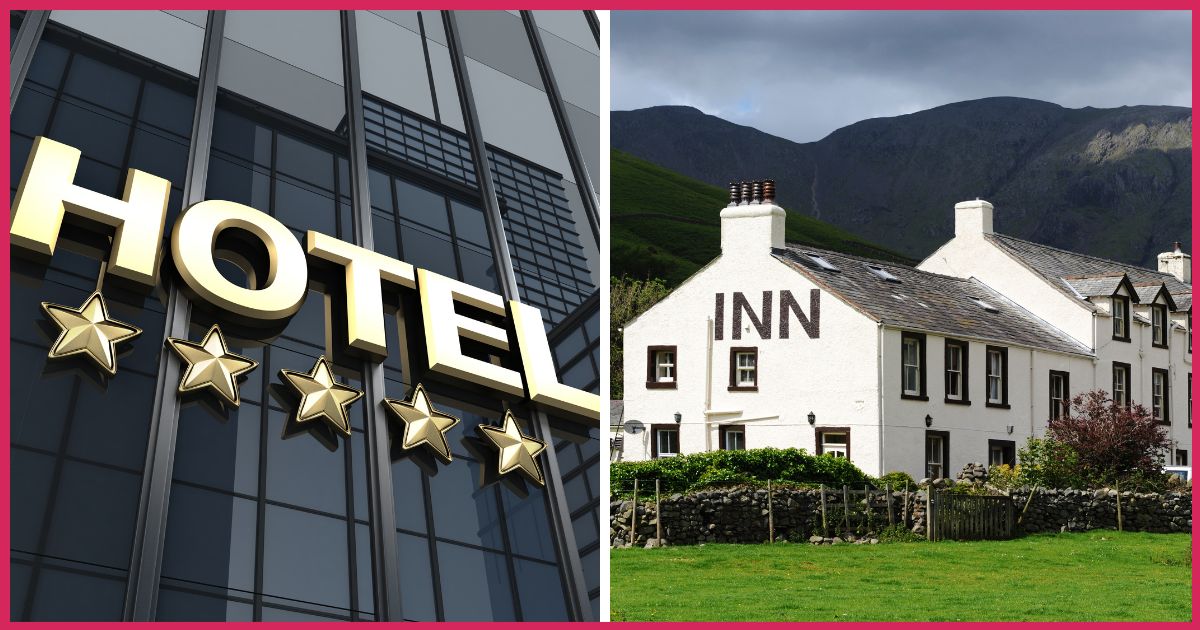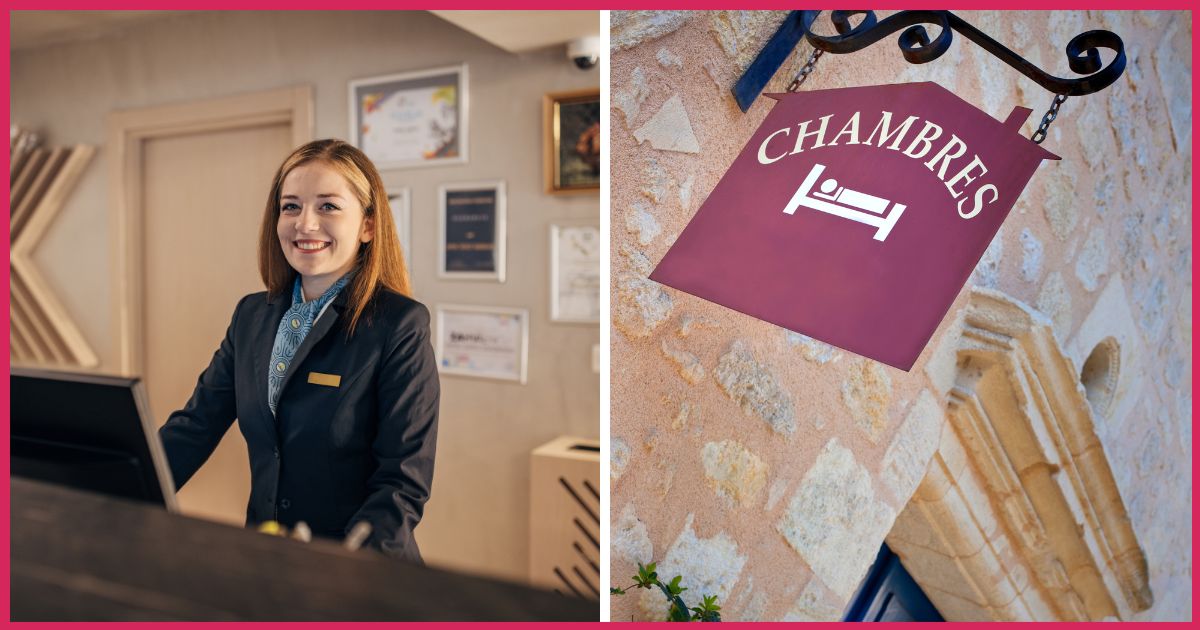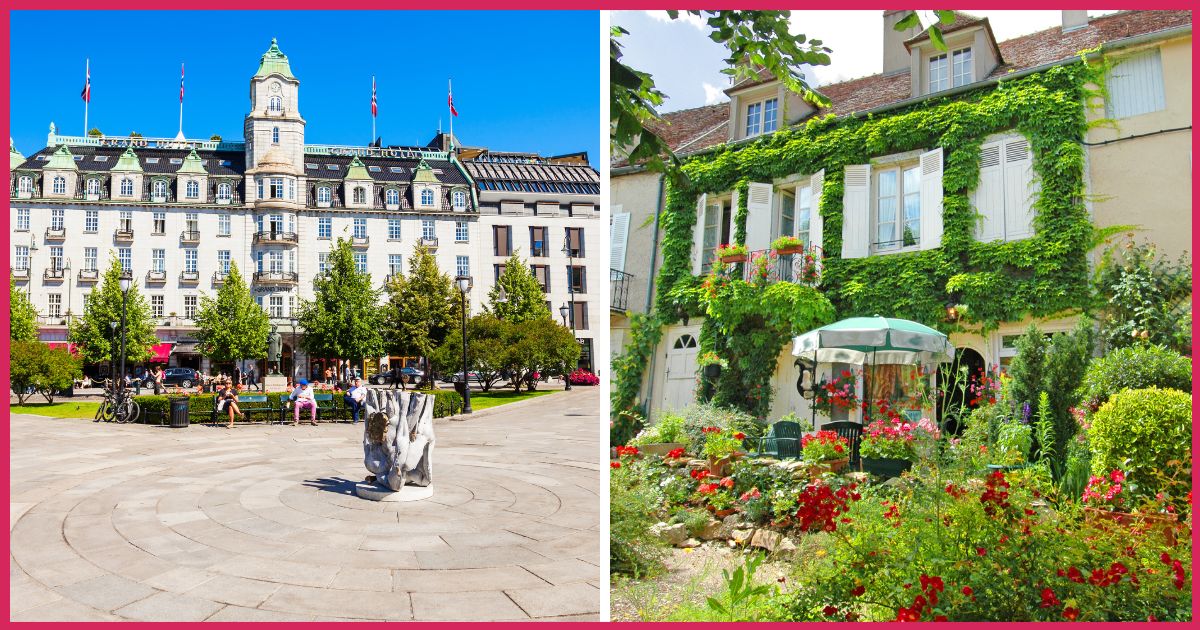Difference Between a Hotel and an Inn: Understanding Accommodation Choices
When planning a trip or arranging accommodation for travel, individuals are often confronted with various options for their stay. Two distinct types of lodging that commonly cause confusion are hotels and inns. Both offer shelter and amenities to travellers, yet they serve different purposes and offer varying levels of service and facilities. A hotel is typically a larger establishment, providing a multitude of services and amenities such as room service, on-site restaurants, fitness centres, and conference rooms. Hotels cater to a wide range of clientele, from business travellers to holidaymakers, and are usually found in city centres or near major transport hubs.
In contrast, an inn is a smaller, often more quaint lodging option that dates back centuries and was originally designed to serve travellers along their journey. Inns tend to offer more personalised service in a homely atmosphere, which often includes a cooked meal and sometimes even an on-site pub. Their locations can be in rural areas or small towns, providing an intimate experience of the local culture and community. Travellers seeking a closer look at regional lifestyles and personal interaction with hosts may find inns more appealing than the formal and sometimes impersonal nature of hotels.
Understanding the differences between a hotel and an inn allows travellers to make informed decisions based on their specific lodging needs. This could range from the level of service and facilities to the desired atmosphere and the experience they wish to gain from their accommodation choice.
Defining Characteristics
This section provides specific details distinguishing hotels from inns, focusing on their definitions, size, location, design, target audience and the service level and amenities they offer, including their dining and entertainment options.

Definition of a Hotel
A hotel is a type of accommodation that offers short-term lodging with various room options and typically includes numerous floors accessible by elevators. These establishments cater to a wide array of needs, and services such as concierge, spas, and pools are often available.
Definition of an Inn
An inn is often a smaller, more intimate establishment, commonly located in rural areas or along roads and highways. They offer personal touches and are akin to bed and breakfasts found in the countryside, providing basic accommodation and meals.
Comparative Size and Capacity
Hotels tend to be larger with a greater number of rooms spread across multiple floors, while inns are characterised by their smaller size and fewer accommodations, often housed within a single building.
Location and Ambience
Inns are frequently situated in quiet, rural locations or along roadsides, offering guests a homely feel often associated with nature and the surrounding countryside. In contrast, hotels are commonly found in both urban and rural settings, accommodating travellers of all types.
Design and Architecture
The design and architecture of hotels and inns differ notably. Hotels may exhibit a more luxurious or modern aesthetic, whereas inns can embody unique character reflective of their rural setting or local culture.
Target Audience
Hotels serve a diverse clientele, including business travellers and holidaymakers, whereas inns are typically aimed at those seeking a more personalised experience or travel in rural areas.
Service Level and Amenities
Hotels often boast a luxurious set of amenities, such as pools, gyms, and room service. In contrast, inns may offer more limited services, focusing on comfort and basic conveniences rather than extravagance.
Dining and Entertainment
Hotels generally provide a variety of dining options, from onsite restaurants to bars and other forms of entertainment. Inns, on the other hand, might only feature a single dining room with a more limited but often locally sourced menu.
Operational Aspects
The differences between hotels and inns can be significant, particularly when it comes to the variety and quality of services and facilities offered. This section compares these establishments based on operational aspects that contribute directly to the guest experience.

Scope of Services
Hotels typically offer a broader range of services compared to inns. While hotels often provide concierge services, room service, and facilities such as a business centre, inns might offer a more limited, often more personalised service experience.
- Hotels: Multiple restaurants, event planning, transportation assistance
- Inns: Local tour guidance, bespoke dining experiences
Amenities and Facilities
Hotels are often equipped with extensive amenities and facilities like a swimming pool, spa, and fitness centre. In contrast, inns may offer more quaint, unique amenities, contributing to a charming stay.
- Hotels: Gym, pool, spa, conference rooms
- Inns: Unique local activities, possibly a small pool or home-style lounge
Accommodation and Comfort
Accommodation in hotels tends to be more luxurious, with a range of rooms and often more upscale bathrooms. Inns offer a more homely atmosphere, frequently with individually decorated rooms.
Hotels:
- Various room categories (from standard to suites)
- Extensive in-room amenities
Inns:
- Often cosier, distinctive rooms
- Emphasis on comfort and character
Conveniences for Guests
Both hotels and inns cater to guest conveniences but through different avenues. Hotels might offer laundry, a parking lot, and airport shuttles, while inns might focus on personalised touches, like localised advice or home-cooked meals.
- Hotels: Valet parking, airport transfer, 24-hour reception
- Inns: Personalised attention to guest preferences, local flavour
Customer Service and Support
Large hotel chains typically employ numerous staff, including bellhops and concierge, to meet customer needs. Inns, while typically having fewer staff, provide a higher degree of personalised attention.
- Hotels: Professional, sometimes more impersonal service
- Inns: Family-run feel, staff often know guests by name
Category and Star Ratings
Hotels are categorised by a star rating system, reflecting the level of luxury and services. In contrast, inns are not usually subject to such formalised ratings, with emphasis instead on the uniqueness of the stay.
- Hotels: Rated from one to five stars
- Inns: May be rated with alternative systems like diamonds or simply remain unrated
Economic Considerations
When choosing between a hotel and an inn, economic factors such as price, market positioning, and the purpose of travel play pivotal roles in a consumer's decision-making process.

Price Points and Affordability
Hotels and inns offer different price points catering to a range of budgets. Budget hotels, such as certain branches within the Hilton or Marriott chains, may provide basic amenities at a lower cost, making them a suitable choice for cost-conscious travellers. On the other hand, inns are often independently operated and can offer cheaper rates due to their smaller size and lower operational costs. However, in tourist destinations, inns located in prime areas may have rates comparable to budget hotels.
Market Positioning and Branding
Branding significantly affects market positioning, with luxury hotels utilising their brand to justify higher prices for more opulent experiences. Luxury hotels epitomise a prestigious lifestyle and are often situated in prime locations, targeting guests who seek an exclusive experience. In contrast, inns frequently establish themselves as cosy, intimate accommodations with a local touch, attracting guests looking for an authentic or personal experience.
- Luxury Hotels:
- Target Market: Affluent visitors, business travellers
- Branding Elements: Premium services, opulent amenities
- Inns:
- Target Market: Budget travellers, individuals seeking local charm
- Branding Elements: Personalised service, local flair
Business and Leisure Travel
The economic considerations for business and leisure travellers differ. Business travellers often seek convenience and may prefer hotels for their professional atmosphere, range of business-friendly services, and loyalty programmes. Leisure travellers, especially those on vacation, might opt for inns that offer a more relaxed stay and direct engagement with the local environment.
- Business Travelers:
- Accommodation Preferences: Efficient services, reliable Wi-Fi, conference facilities
- Typical Choices: Hotels in business districts or close to conference centres
- Leisure Travel:
- Accommodation Preferences: Unique ambiance, proximity to attractions
- Typical Choices: Inns in picturesque locations or near tourist destinations
Cultural and Historical Perspectives
The distinction between hotels and inns is rooted deeply in historical practice and cultural development. Understanding their evolution provides insight into their modern roles in society.

Historical Significance
Historically, inns have served as critical hubs for weary travellers since ancient times, providing a simple bed and meal to those journeying long distances. They typically showcased more of a quaint, community-centric architecture, reflecting the local traditions and practical needs of the time. In contrast, hotels originated in the 18th Century as grand establishments in urban centres, catering to the needs of the elite with larger capacity and more sophisticated services, advancing the architecture and culture of hospitality significantly.
Cultural Impact on Hospitality
The cultural significance of these lodging options is pronounced. Inns once formed the backbone of rural tourism and hospitality, fostering a sense of local culture and personalised experience. Hotels, especially boutique hotels and resorts, have since adopted similar principles, promoting themselves as cultural landmarks and often incorporating regional architecture and customs into their aesthetic and operations. This shift reflects a broader trend within the lodging industry, where guest experience is increasingly tied to cultural authenticity.
Evolution of Lodging Options
Over time, the range of lodging options has expanded, encompassing everything from motels to luxurious resorts. Motels, emerging in the 20th Century, adapted the concept of convenient lodging to the era of automobile travel, providing a basic overnight stop with straightforward access from major roads. Meanwhile, the sophistication of larger establishments has grown, epitomised by the rise of tailored experiences offered at boutique hotels. Each step in this evolution reflects broader social trends, such as the increasing mobility of society and its desire for both convenience and cultural immersion during travel.
Future Trends in Hospitality
The hospitality industry is poised for transformation with a focus on integrating advanced technology, adopting sustainable practices, and catering to evolving traveller preferences.

Technological Advancements
Hotels and inns are embracing cutting-edge technology to enhance the guest experience and streamline operations. They are implementing smart rooms enabled with voice assistants and IoT devices allowing guests to control lighting, temperature, and entertainment systems. Additionally, contactless check-ins and digital keys via apps are gaining popularity, reducing wait times and improving efficiency.
Sustainable Practices
Sustainability is becoming a cornerstone for the hospitality sector. Accommodations are utilising solar panels and investing in energy-efficient appliances to minimise their carbon footprint. Moreover, many establishments are landscaping gardens to create eco-friendly spaces and to supply their kitchens with fresh produce, supporting the farm-to-table movement. Water conservation strategies are also in place, with some hotels installing low-flow fixtures and greywater recycling systems.
Changing Traveller Preferences
Traveller habits are shifting, favouring experiences over amenities. There's a growing trend of ecotourism with travellers seeking out eco-conscious hotels that offer immersive nature experiences. Road trips are on the rise, leading to a demand for inns that can provide a quaint and local experience. These preferences indicate that the industry needs to adapt its offerings to cater to those who are looking for sustainable travel options and unique, local experiences.




